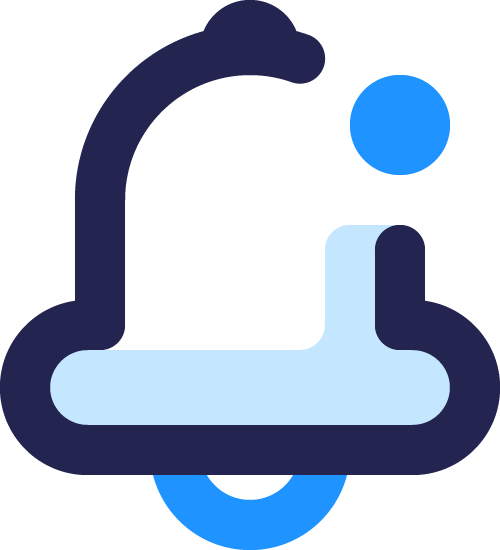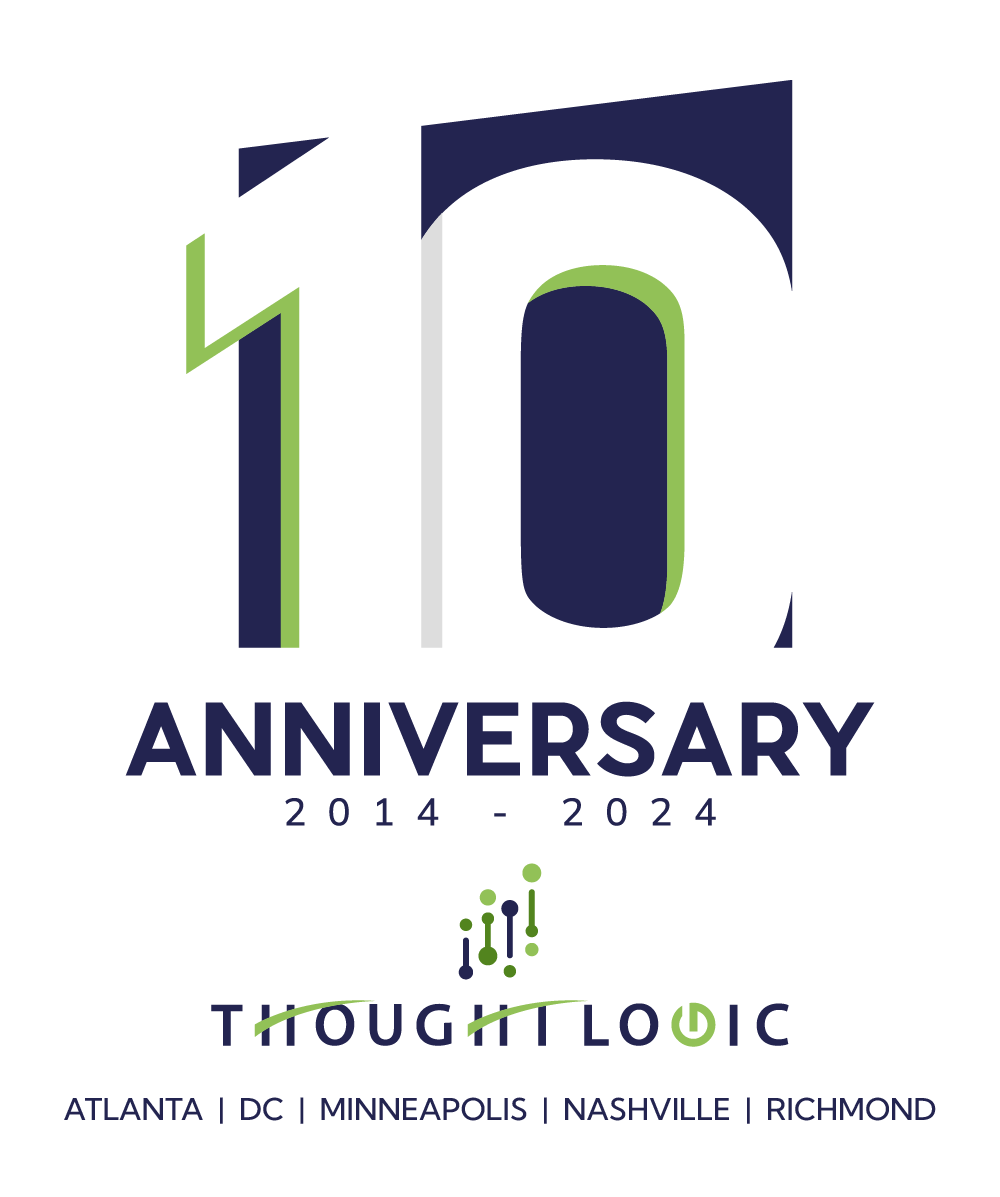The Shift to Decentralized Data Ownership
“It’s not me. It’s IT.”
– The above phrase is often heard in many organizations.
Process owners, business analysts, data analysts, and data scientists often submit a request to access an analytical data source, be it a database or a data lake, to a central IT team where tickets are assigned to various IT team members. This practice often leads to IT becoming a bottleneck, leading to decreased productivity and innovation.
The appetite for data has increased exponentially over the last few years with the advent of the increased processing power that is now available with cloud computing. Business leaders understand the power of data and want to tap into the vast amount of data to generate insights to develop or maintain a competitive advantage. This increase has created a big issue within IT departments – as data pipelines increase in complexity and more leaders demand insights from the data – how do we scale to meet the demand?
The traditional data architecture of centralizing the responsibility to one team does not scale. There are many reasons, but IT has to become domain experts, data experts, and IT experts. It is hard for someone or a small team to become experts in all these areas and produce insights that will move the needle for their internal business functions.
One solution to this problem, which is rapidly growing in traction, is the adoption of the decentralization of ownership of data from IT to individual domains. A domain typically comprises the business functions such as customer, sales, and finance. In this decentralization model, the data ownership is moved away from a central IT team to the individual domain. This shift moves the responsibility to the experts in each area. For example, it transfers domain ownership of the data to the domain functions, and now the business owns their data. Data and analytics expertise will stay with the data team and infrastructure to the IT group to help support the domains.
The scale issue can be resolved by moving to the domain data-centered model. Often when dealing with data, there are business rules known and understood by few, which hinders data engineers from creating pipelines that answer specific business questions. By giving the data ownership responsibility to the individual domains that “inside baseball” knowledge can be extracted from the data, which enables a greater understanding and helps solve specific business problems.
Another benefit is increased data quality, and trust as data engineering pipelines are no longer created on an ad-hoc basis and created by individuals with domain expertise. The transfer of knowledge within the domain also ensures that knowledge of pipelines is not held by one specific individual who could leave the company, turning a data asset into a debt.
At Thought Logic, we pride ourselves in being known as ‘Purple People.’ We are generalists who can understand the business domains and have the technical expertise to identify data strategies and use software tools to enable business requirements to be fully understood and implemented.

About Digital Enablement
Thought Logic’s Digital Enablement smartSolution provides full-circle capabilities that help keep organizations keep ahead of digital change.

Sign up to receive future Insights in your email box.
Never miss an update.









